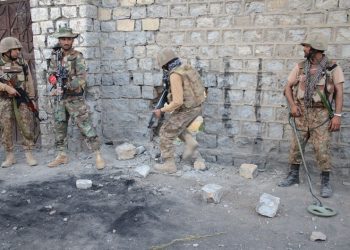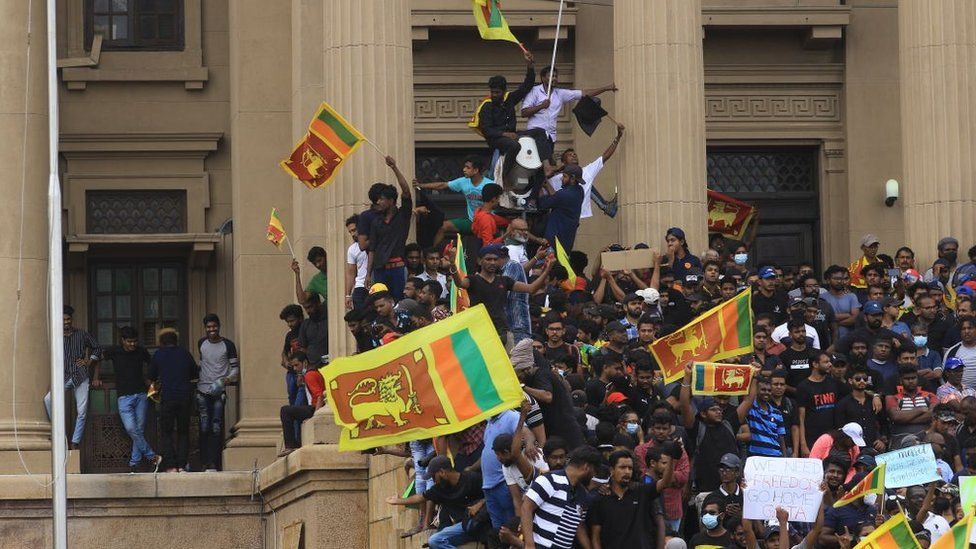Israel assassinated Hezbollah leader Sayyed Hassan Nasrallah in a powerful airstrike in Beirut, dealing a huge blow to the Iran-backed group as it reels from an escalating campaign of Israeli attacks.
The Israeli military said on Saturday it had eliminated Nasrallah in the strike on the group’s central command headquarters in Beirut’s southern suburbs a day earlier. Hezbollah confirmed he had been killed, without saying how.
His death is not only a major blow to Hezbollah, but also to Iran, removing an influential ally who helped build Hezbollah into the linchpin of Tehran’s constellation of allied groups in the Arab world.
A senior member of Iran’s Revolutionary Guards, deputy commander Abbas Nilforoushan, was also killed in Israeli attacks in Beirut, Iranian media reported on Saturday.
Hezbollah said in a statement that it would continue its battle against Israel “in support of Gaza and Palestine, and in defence of Lebanon and its steadfast and honourable people”.
Hezbollah’s Al-Manar TV aired Koran verses after his death was announced. Bursts of gunfire were heard in Beirut.
Friday’s airstrike – a succession of massively powerful blasts that left a crater at least 20 metres (65 feet) deep – shook Beirut. Israel carried out further airstrikes on the area and more widely in Lebanon on Saturday.
The Israeli military said earlier that Nasrallah was eliminated in a “targeted strike” on the group’s underground headquarters beneath a residential building in Dahiyeh – a Hezbollah-controlled southern suburb of Beirut.
It said he was killed along with another top Hezbollah leader, Ali Karaki, and other commanders.
“The strike was conducted while Hezbollah’s senior chain of command were operating from the headquarters and advancing terrorist activities against the citizens of the State of Israel,” it said.
Nasrallah’s death is by far the most significant blow in a devastating fortnight for Hezbollah, starting with a deadly attack on thousands of wireless communications devices used by its members. Israel also significantly ramped up airstrikes in Lebanon, killing several top Hezbollah commanders and hundreds of other people across wide areas of the country.
SUCCESSION
Hezbollah gave no immediate indication of who might succeed Nasrallah. Senior Hezbollah official Sayyed Hashem Safieddine has long been regarded as heir apparent. The group has not issued any statement on Safieddine’s status or that of any other Hezbollah leaders – apart from Nasrallah – since the attack.
Friday’s attacks on Dahiyeh were followed by more strikes on the area and other areas of Lebanon on Saturday. Huge explosions lit up the night sky, and more strikes hit the area in the morning. Smoke rose over the city.
Hezbollah continued its cross-border rocket fire on Saturday, setting off sirens and sending residents running for shelter deep inside Israel. Israeli missile defences blocked some of them and there was no immediate report of injuries.















































